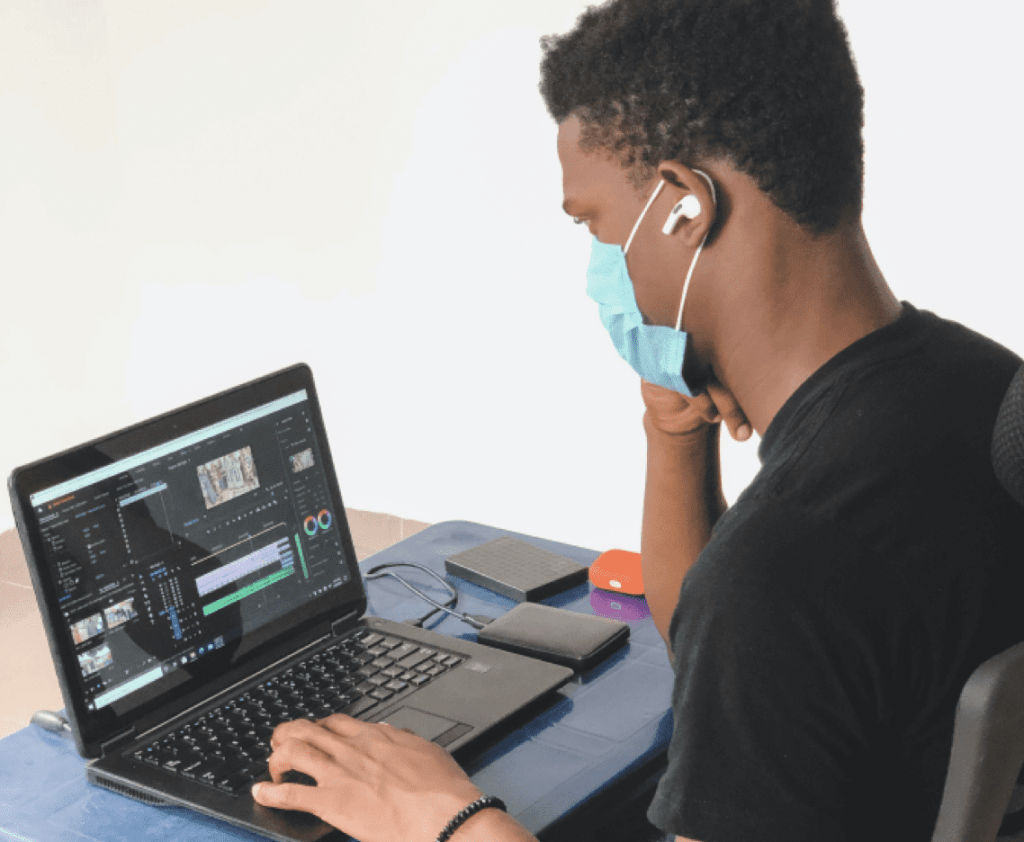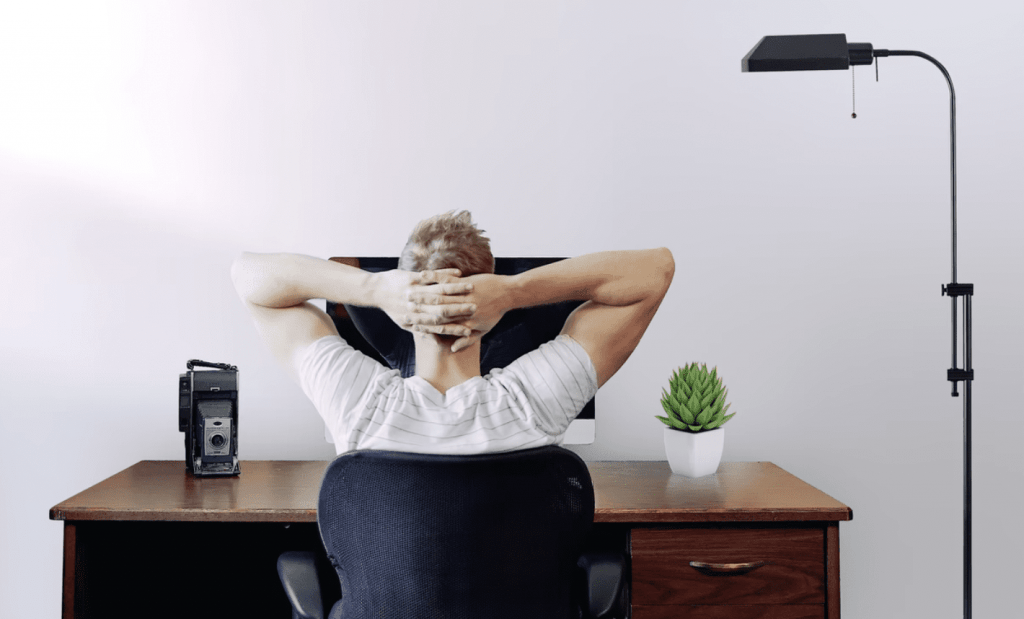
There is a magic, yet legal, way to treat yourself to a well-equipped freelancer life. A life in which you would even end up paying fewer taxes, and handling quiet periods with ease. Sounds good, right? We’re talking about professional freelancer expenses.
Although everyone has heard about them, you’ll be surprised how many don’t utilize them to their full potential. Here are the three key ways to master professional expenses:
1. Make expenses that are within your budget
…That are also strictly meant to grow or maintain your business. Keep proof of them: this is a necessity when actually deducting these expenses.
These freelancer expenses will then be subtracted from the total amount of earnings on which you pay taxes. Since tax is progressive, the lower your earnings, the fewer taxes you pay!
2. Recover the VAT on your professional expenses
For this, you need to be subject to VAT, as a professional, and (possibly) to have opted out of the exemption for small businesses.
As a consequence, you need to submit VAT returns, charge VAT to your clients, and pay it back to the government. You are in turn able to recover VAT on the professional expenses you made. Totally worth it!
3. Don’t miss out on freelancer expenses you’re entitled to
We realized that our users, all freelancers, often miss out on some professional expenses that they are entitled to. So, we listed them below! Check whether you already deduct them all or whether you could invest a little more in your businesses and save taxes along the way!
Tech Material

It is very glamorous to picture yourself working from a trendy coffee shop. However, it is also very noisy – often to the extent that you might lose your focus.
Here’s an idea: you could invest in proper headphones (with a noise-canceling option), and deduct them as professional freelancer expenses.
That’s right – any hardware that makes your days more productive and your work more qualitative is deductible.
You probably deducted your laptop, right? Or your second screen?
Your ergonomic keyboard and mouse? The webcam and the microphone you need for client meetings?
What about the external drive where you store data, or the phone whose battery actually lasts more than one working day?
If you can afford to invest in tech material that is relevant to your profession, you should go for it. Put your hard-earned money into assets that help you grow your business, rather than in more taxes.
The initial investment may seem high, however, keep in mind that the amount on which your taxes are calculated will decrease by the same amount, or, a significant part of it.
Also, use VAT to your advantage! Make sure that you are subject to VAT, and not exempted, and that you receive a complete invoice. You can then recover a large part of the VAT on tech material as well.
If you are eyeing a top-notch camera that you would use for both professional and private purposes, deduct it accordingly. Unless you are a professional gamer, you won’t be able to deduct the latest console…
Software and Licenses

You can deduct all software and licenses that help you work best.
Of course, this includes tax and accounting software, but you can also deduct data storage subscriptions, network subscriptions (e.g. professional LinkedIn account), and all the productivity tools.
Think Evernote, Figma, Canva, Monday, Notion, Asana – treat yourself to a paid version of the one(s) you need!
Home Office

Lockdown feels a bit less painful if your home office is up to the task. The good news is, all the home office equipment is fully deductible.
There is more to a good home office than just your chair and your desk. Think of proper lighting, seating in your waiting room if any, and of course, decoration (we’re thinking some well-placed spider plants…).
Once again, if it’s for your office, it is 100% deductible.
You may even need to accommodate clients, or other freelancers working with you on one project, in which case you should stock up on office refreshments. Again, these are deductible.
No matter whether you are the owner, the tenant, or in a co-living space, they all apply to your workspace.
Insurance
If you can afford to buy insurance now, don’t hesitate: do it.
Your tech material won’t ask permission to get stolen, broken, or degrade over time. If you aren’t prepared, it could be that you need a replacement when you can least afford it.
With insurance, this would no longer be a worry. Why not save on taxes right away?
Public transportation

Do you hop on the bus, the train, or the metro to visit your clients or suppliers? Whatever it is – you’ve guessed it – you are entitled to fully deduct your ticket.
That being said, the freelancer expenses may look different depending on which transport you choose. Traveling by train, for example, you may need a train subscription, in which case you should deduct it according to the proportion of professional trips you make.
Every professional expense counts, even the seemingly little ones: at tax season, you’ll be happy to have captured them along the way.
We hope this article gave you insights into taking care of your freelancer expenses.
If you’d like to know more, check out Accountable for professional expenses: made for freelancers who pay taxes in Belgium or Germany. On it, you will find the fiscal risks and the exact deductibility for a whole range of professional freelancer expenses!
Ready to get hired? At Twine, we have dozens of top-quality jobs being posted each and every day. From design to marketing, development to copywriting – there’s a job ready for your skills. Join the marketplace of diverse creative talent here.








